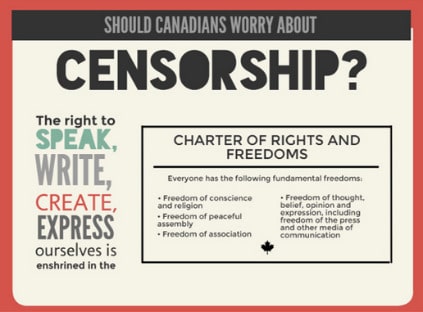The push to get Canada’s controversial Bill C-11 – otherwise known as “Internet Censorship Bill” – is entering its final stages, as MPs in the country’s parliament will now debate it.
Those opposed to the bill are calling on Canadians to contact their MPs and ask them to vote against this legislation, which, if passed, is likely to make radical changes to the way Canadians are allowed to express themselves online, and what content they will be permitted to access.
Like any other declaratively liberal democracy that finds itself dangerously close to undermining the very foundations of its own system, Canada’s government is assuring citizens that their freedoms will not be curtailed in any way.
However, while the politicians’ lips say one thing, the draft law itself and its wording speak another story, critics are warning. The bill wants to force social and other online platforms to artificially prioritize certain categories of content, such as those promoting diverse ethno-cultural backgrounds, socio-economic statuses, abilities and disabilities, sexual orientations, gender identities, etc.
The bill is the “brainchild” of Canada’s Minister of Environment and Climate Change Steven Guilbeault, who back in 2020 served as Minister of Canadian Heritage, when he said that once the bill becomes law, a new regulator will be appointed to make sure it is implemented, and “hate speech monitored.”
The main criticism the bill has faced from a flurry of free speech advocates of various ideological and political persuasions is that the Canadian Radio Television and Telecommunications (CRCT), a broadcasting and telecommunications regulatory agency, will now serve as a government tool to “regulate” the internet as well, and fairly explicitly, ending the era of the open internet in Canada (although that crucial quality has been steadily eroding across the globe for years.)
Article: Canada’s internet censorship bill is a major threat to free speech online
